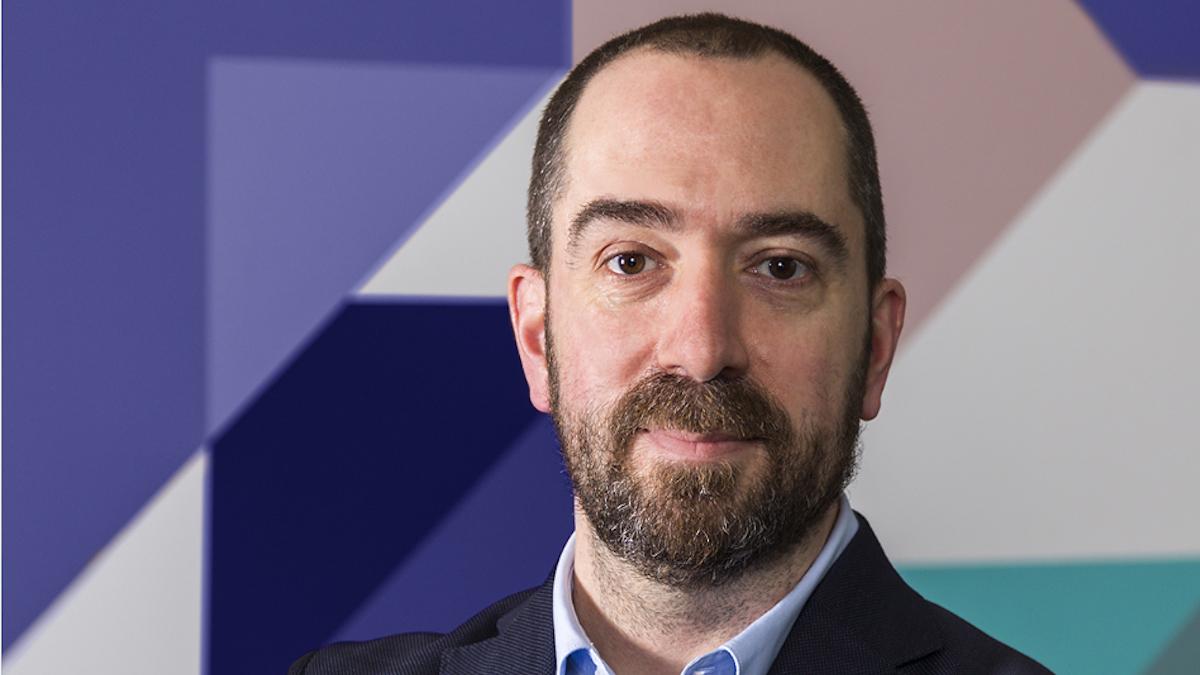SpliceBio gathers $135m for eye disease gene therapies

SpliceBio chief executive Miquel Vila-Perelló.
Spanish biotech SpliceBio has raised $135 million in financing that will help it move a gene-editing therapy for an inherited retinal disease (IRD) through clinical testing.
SpliceBio's lead in-house pipeline project is in Stargardt disease, an IRD with no approved therapies that is caused by changes in a gene called ABCA4 and results in fatty material building up in the macula of the eye, damaging vision.
The Barcelona-based company is currently running a phase 1/2 study of the Stargardt candidate, codenamed SB-007, which it describes as the first dual adeno-associated viral (AAV) gene therapy for the condition to be cleared by the FDA for human testing.
SB-007 is designed to deliver the full-length ABCA4 protein, which is too big to be carried by other gene delivery vectors. To solve that problem, SpliceBio and collaborators at Princeton University in the US have developed a way to split the protein into two, packaging it in two separate AAV vectors for delivery, and then using cellular machinery to join the two segments together into the functional protein.
The Series B was co-led by new investors EQT Life Sciences and Sanofi Ventures and backed by SpliceBio's existing partner Roche, New Enterprise Associates, UCB Ventures, Ysios Capital, Gilde Healthcare, Asabys Partners, and Novartis' venture capital unit.
"This financing marks a pivotal milestone for SpliceBio as we advance the clinical development of SB-007 for Stargardt disease and continue to expand our pipeline across ophthalmology, neurology, and beyond," commented SpliceBio's chief executive, Miquel Vila-Perelló.
After SB-007, the company's pipeline consists of two other candidates for unidentified single-gene IRDs and a single-gene central nervous system disorder.
The Spanish biotech has already attracted one partnership with a big pharma group after Roche's gene therapy unit, Spark Therapeutics, licensed access to its delivery platform in a $126 million deal signed in 2023.
Under the terms, Spark – which was acquired by Roche in a $4.8 billion takeover deal in 2019 and has already brought one gene therapy for an IRD to market – bagged exclusive rights to a therapy for an as-yet undisclosed IRD in return for upfront, opt-in, and milestone payments.
Since then, Spark has been hit by lacklustre sales of its Luxturna (voretigene neparvovec) therapy for Leber's congenital amaurosis, and Roche recently revealed (PDF) big job cuts at the unit, whilst still affirming its commitment to developing gene therapies.
Commenting on the new financing, Carole Nuechterlein, head of Roche Venture Fund, said that she had been "impressed by the team's strong execution, the momentum behind SB-007 in Stargardt disease, and the platform's potential to unlock a new class of genetic medicines."


